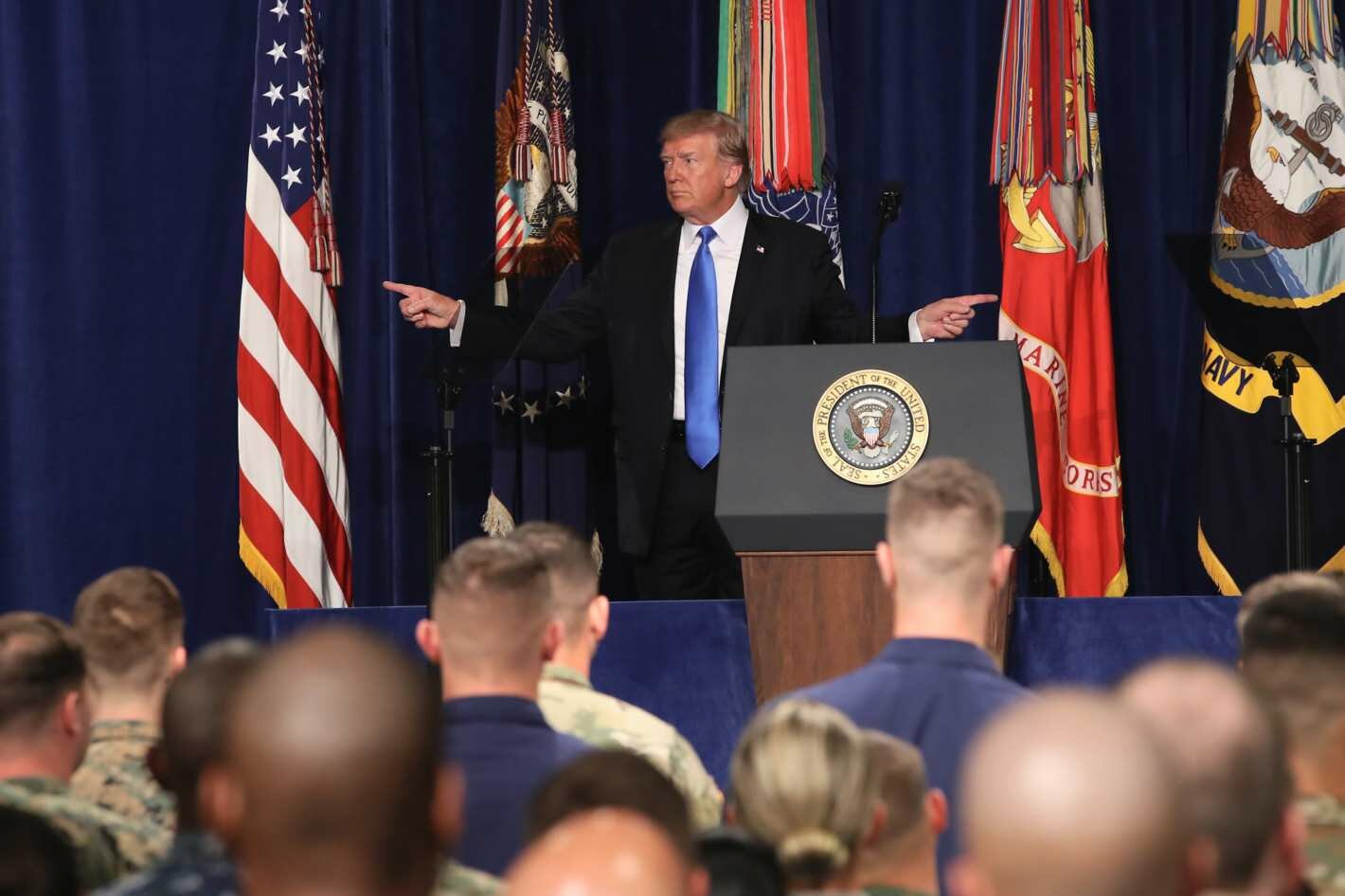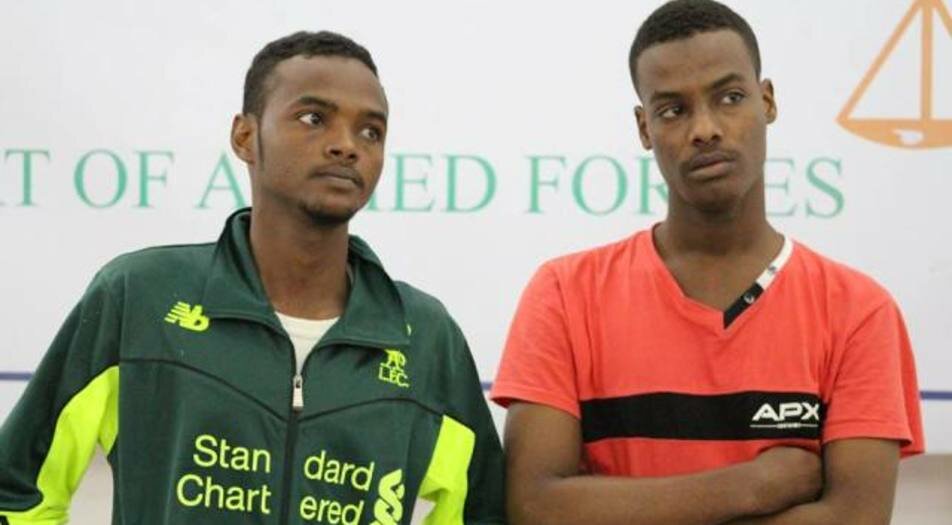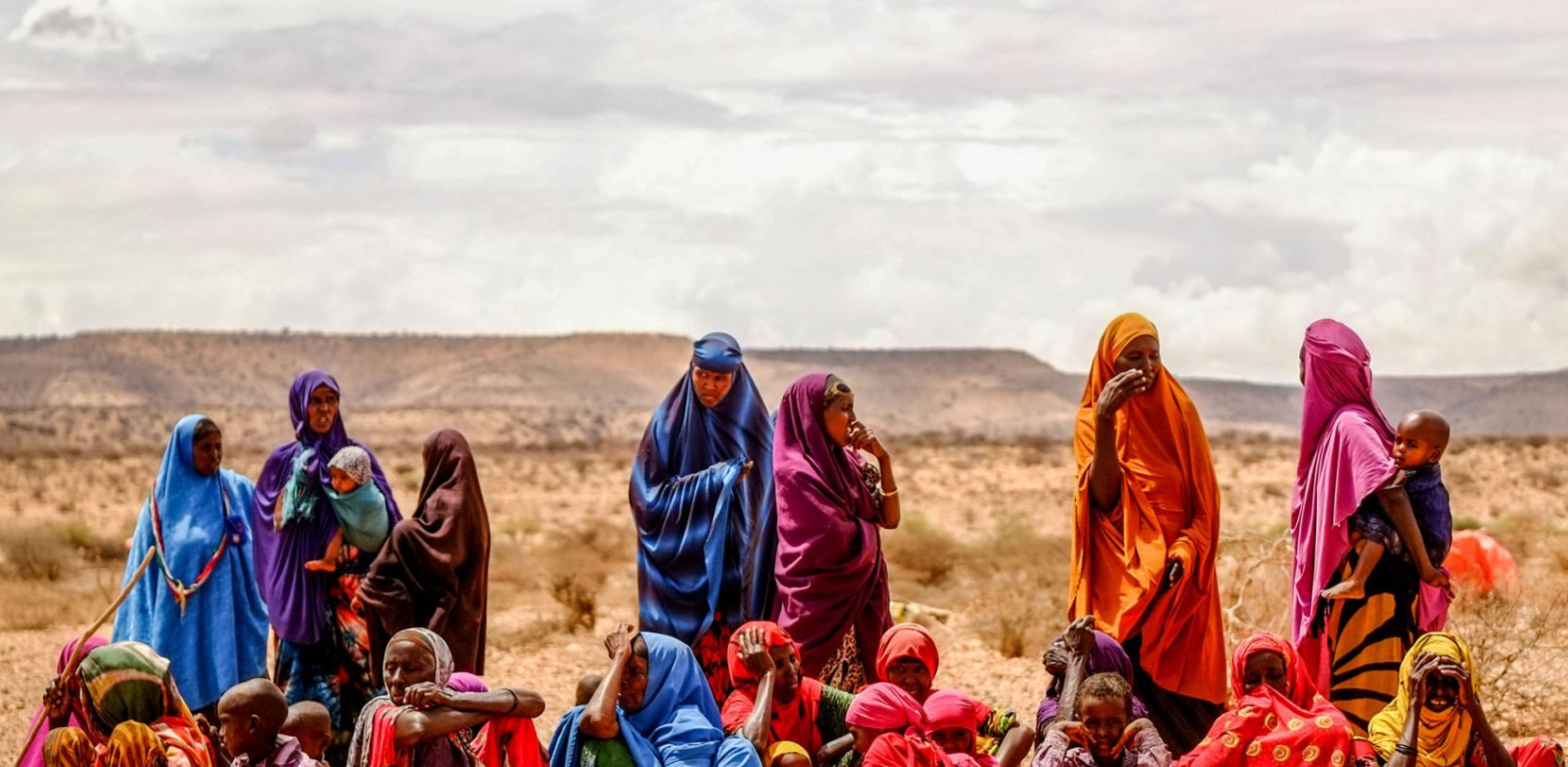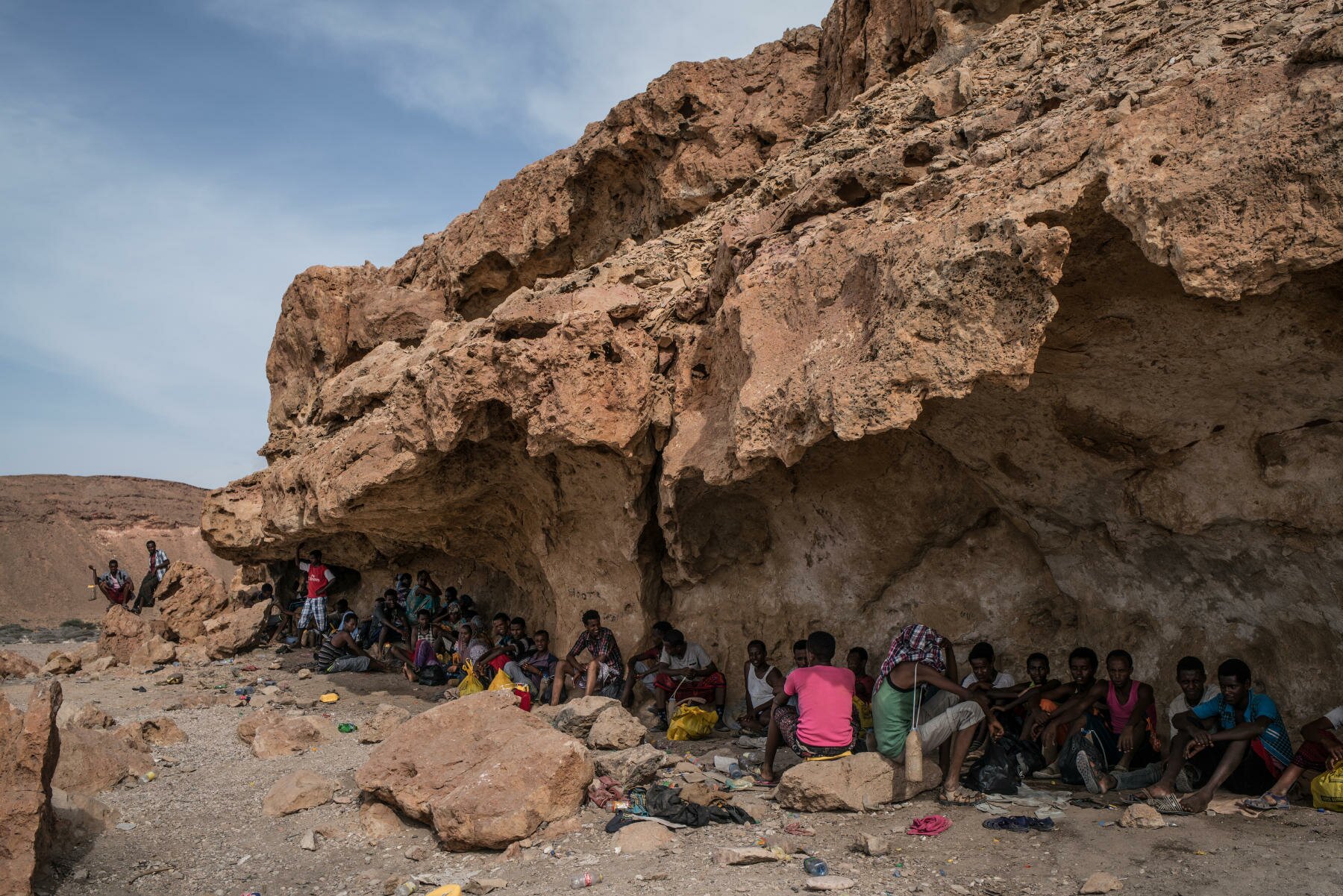![]() Growing up in Somalia, Mohammed, 21, fell in love with soccer (or “football,” as it’s known to the rest of the world). His dream was to join the Somali national team.
Growing up in Somalia, Mohammed, 21, fell in love with soccer (or “football,” as it’s known to the rest of the world). His dream was to join the Somali national team.
As a kid, he taught himself English by watching English-speaking coaches and players in interviews and writing down everything he heard so that when people asked him the same questions, he would have something to say.
“It’s like plagiarizing people’s talk,” he said laughing, “but it’s a great way to learn.”
Mohammed was playing for the Banadir Sports Club in 2012 when his dream came true. He was called to join the national Somali team, becoming the youngest player on the squad at age 17. It was a tremendous honor.
In Somalia, a country that has been plagued with violence by terrorist group al-Shabab for years, soccer is a deeply symbolic sport. Due to its global transcendence and role in promoting culture, it was banned by al-Shabab after the group took over much of Mogadishu in 2008. And though al-Shabab was driven out of the capital in 2011, playing soccer is still a risky endeavor. In an impoverished and conflict-ridden country without many educational opportunities, to succeed in soccer means to have survived without — or in spite of — al-Shabab.
It was with this background in mind that filmmaker J.R. Biersmith, a St. Louis native, decided to chronicle the tales of “the young men without the guns” in that country. He traveled to Kenya to meet the Somali national team.
“I was the only person who could speak a little bit of English,” Mohammed recalled. “[Biersmith] asked about our personalities and what we’d been through in life.” After meeting Mohammed and his best friend on the team, Sa’ad Hussein, who had been lashed publicly by al-Shabab 38 times for playing soccer, Biersmith decided to center his documentary on them, titling it Men in the Arena.
“I never wanted to be in that movie,” Mohammed said. “It was 100 percent risky, because I know what al-Shabab is capable of. But you have to risk your life to change your life.”
Biersmith knew that the film would put the two men in even more danger for working with Westerners and speaking out about al-Shabab. He immediately began working on a plan to bring them to the United States.
“They were reluctant heroes,” Biersmith said. “They fully understood the magnitude of what they were doing. But more innocently, they just had a dream like every kid does.”
After many hurdles, Mohammed came to the United States in 2014 and played for FC Dallas Academy during the 2014-15 season. It became clear, though, that to play at the university level, he was going to have to take the ACT college-entry test.
Biersmith’s sister Jessica (Biersmith) Herschend (Law ’08), who lives in St. Louis, offered to take Mohammed into her home and tutor him. Mohammed also enrolled in Lift for Life Academy charter school for one intensive high school semester, taking 10 classes. He never expected to play soccer at Saint Louis University, though.

“When I came to St. Louis, I had a lot of challenges. I didn’t know if I was coming to school,” Mohammed said. “The NCAA had to clear me, and the money was tight, so we didn’t know what was going on. I had no clue if I was coming here, but Coach [Mike] McGinty and my family worked hard to make sure I could come to school, and I got admitted.” After he was cleared by the NCAA, he had one week to get ready for the season.
“He wasn’t really recruited,” said McGinty, head coach of SLU’s men’s soccer team. “I didn’t know anything about him as a player; just listening to the story, I told J.R. and the family that anything I could do to help, I would love to help.
“I had no idea he would ever play soccer at SLU; I just wanted him to come to SLU,” McGinty said. “I knew that his coming to SLU was the right thing to do for him, and I knew that it was the right thing to do for SLU. In the summer we got news from the NCAA that he was going to be cleared to play, which was very, very late. We were getting to know him all throughout this year, and I’m still getting to know him.”
When you work at Saint Louis University, which is the greatest college soccer program in America, you occasionally, occasionally get players like Saadiq.”
Mike McGinty, men’s soccer head coach
The situation presented a learning experience, McGinty said, but Mohammed was a great fit with the team.
“He comes into the dressing room with a smile on his face and with kind of a brightness, as a kind of a young, excited kid every day — I think that rubs off on our players in a really good way,” McGinty said. “He certainly has a creativity and a comfort level with the ball that comes from just hours of playing soccer. I think he has a ball control that you don’t see every day; he has a certain flair that you don’t see every day; he’s got an ability to use his body that you don’t see every day; and he’s just got a passion for soccer that you may not see every day.”
Mohammed’s passion is infectious, as evidenced by his huge fan base back home in Somalia, which keeps up with him on social media. He posts video clips of SLU soccer practices and games, and at one point had 45,000 people viewing his posts.
McGinty and Mohammed both credit much of his success at SLU to the friendship of his teammates, who helped him get acclimated by walking him through the logistics of university life — how to study, where to eat, how to balance soccer with the demands of classes.
“Saadiq is someone who helps make you a better person simply by being around him,” said his teammate Joe Saad, a SLU senior. “We would stay up in hotels the nights before games talking about life and comparing how different our paths had been before they crossed in St. Louis. By being around someone so brave, loving and loyal, it helped put so many things in my life into perspective and helped push me every single day. Saadiq is incredibly talented and will definitely be integral to the success the program has in the future.”
Mohammed’s future looks bright indeed. In December, he was honored at the Missouri Athletic Club’s Jack Buck Awards alongside St. Louis Cardinals All-Star/Baseball Hall-of-Famer Lou Brock, former St. Louis Blues player Barret Jackman and professional sports broadcaster Dan McLaughlin. Mohammed received the 2016 Carl O. Bauer Award, which is presented annually to the top amateur sports figure in the St. Louis area.
“When you work at Saint Louis University, which is the greatest college soccer program in America, you occasionally, occasionally get players like Saadiq who make you a better coach because he’s such a gifted player,” McGinty said during the awards ceremony. “He’s such a good soccer player that he does things that as a coach you can’t script, nor predict, nor teach, and all of a sudden you look like a better coach! He is a game-changer.”
“[This award] is reaching thousands and thousands of miles back to Somalia, where those kids need a hero like Saadiq,” his former tutor Herschend said in her speech at the ceremony. “It goes a really long way for those kids from this war-torn country who need hope, a whole country that needs hope.”
“I don’t know too many people who could’ve gone through the journey he has and could’ve come out the other side as beautifully as he has,” documentarian Biersmith said.
As for Mohammed’s friend and former Somali teammate Hussein, after hiding alone in Kenya for 12 long months, he made it to St. Louis last spring with the constant support and assistance of Biersmith and Mohammed. Because he lacked the schooling Mohammed had and does not know English well, he is not yet able to get into a university, but he is taking classes at St. Louis’ International Institute and working two jobs in the meantime.
Biersmith’s documentary Men in the Arena was screened a few times in the past year, including during the St. Louis International Film Festival last fall. The reception has been awesome, Biersmith said. It was released April 11 on iTunes and Amazon, and the process is underway to make it available worldwide through services such as Netflix or Hulu.
Meanwhile, Mohammed is working hard in his classes. He is determined to get a good education and make the most of every opportunity.
“I really like Saint Louis University,” he said. “It feels like home now, the whole city, because now I know people, now I made friends; it feels no different than home now. I really like the people. Just to have the freedom to go everywhere is amazing; that’s the best thing.”
— By Maria Tsikalas
This article originally appeared in the spring 2017 issue of Universitas, SLU’s award-winning alumni magazine.








 President Donald Trump cleared the way for the deployment of thousands more US troops to Afghanistan Monday, backtracking from his promise to...
President Donald Trump cleared the way for the deployment of thousands more US troops to Afghanistan Monday, backtracking from his promise to...

 MOGADISHU, Aug. 22 (Xinhua) -- Somalia military court on Tuesday sentenced two Al-Shabaab militants to death for killing a community leader in...
MOGADISHU, Aug. 22 (Xinhua) -- Somalia military court on Tuesday sentenced two Al-Shabaab militants to death for killing a community leader in...


